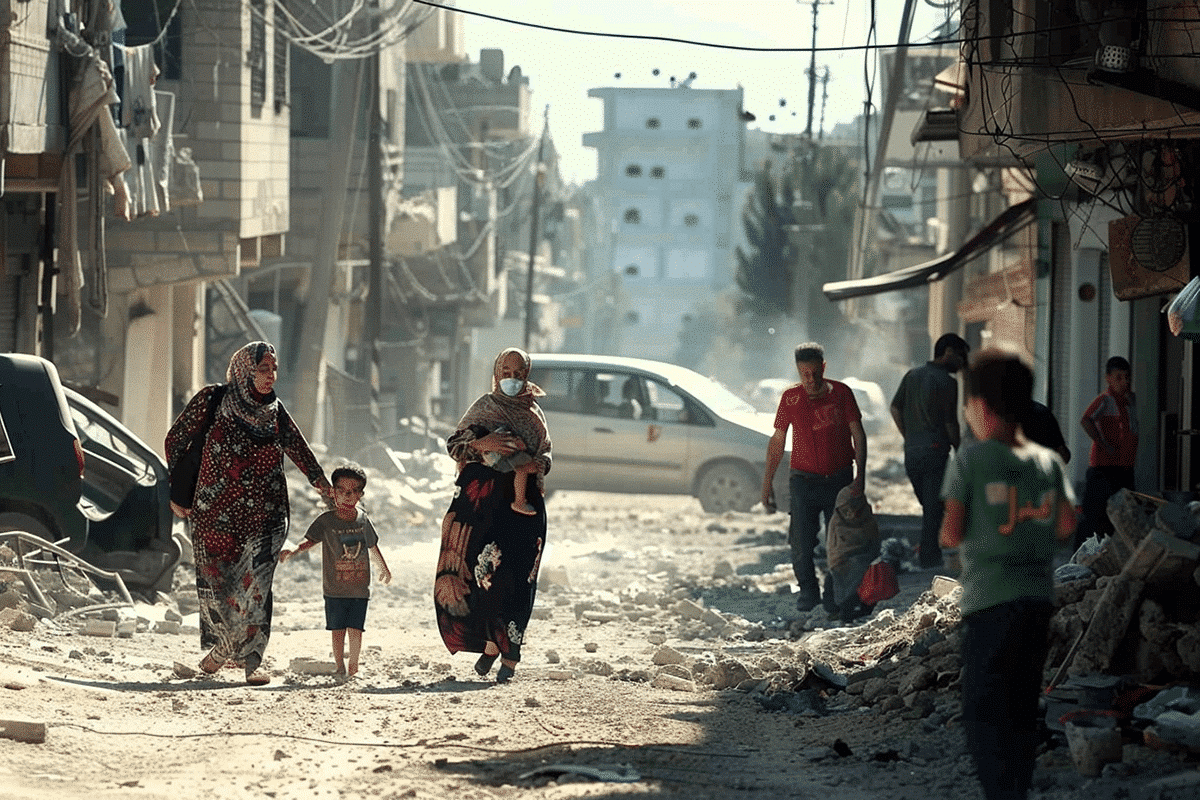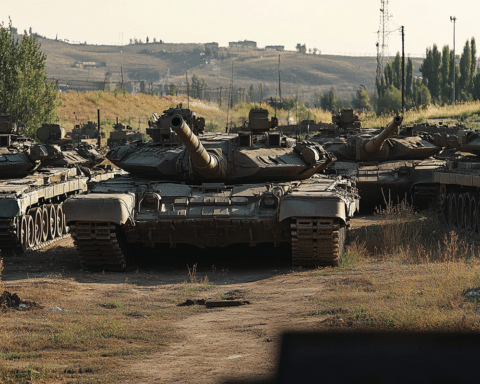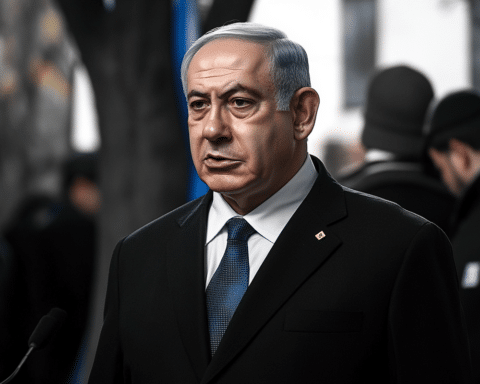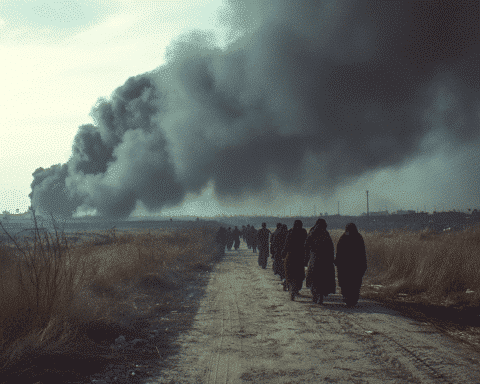The conflict between Israel and Hamas in Gaza has intensified as Israeli forces push deeper into the southern city of Rafah, targeting Hamas militants who have regrouped in the northern region of the territory. The escalation has led to a significant exodus of Palestinians from Rafah, with around 300,000 civilians fleeing the city following evacuation orders from Israel.
Rafah, considered Hamas’ last stronghold in Gaza, has become the focal point of the latest phase of the conflict. The exodus underscores the escalating humanitarian crisis in the region, with neighboring Egypt expressing strong objections to Israel’s offensive and signaling its intention to join South Africa’s case against Israel at the International Court of Justice.
The United Nations’ top human rights official has raised concerns about the legality of Israel’s full-scale invasion of Rafah under international humanitarian law. Meanwhile, US Secretary of State Antony Blinken has reiterated opposition to a major military assault on Rafah, emphasizing the importance of an exit strategy and postwar governance plan to prevent an enduring insurgency.
Gaza’s absence of effective governance has enabled Hamas to bolster its military arm, resulting in ongoing confrontations with Israeli forces. Despite diplomatic endeavors facilitated by the international community aimed at achieving a ceasefire and securing the release of captives, advancement appears to be at a standstill.
Israeli Prime Minister Benjamin Netanyahu has vowed to continue the fight until victory, rejecting postwar governance plans proposed by the United States for the Palestinian Authority to administer Gaza with support from Arab and Muslim countries. Netanyahu’s stance further complicates efforts to find a resolution to the conflict.
The conflict escalated from an attack on October 7 that killed around 1,200 people, mostly civilians, and took over 250 hostages. While some hostages have been released, Hamas still holds around 100 captives, adding to the urgency of finding a solution to the crisis.
In addition to the ground offensive in Rafah, Palestinians have reported heavy Israeli bombardment in the northern Gaza Strip, exacerbating an already dire humanitarian situation. The Jabaliya refugee camp and other areas in northern Gaza have been heavily targeted by Israeli airstrikes, leading to widespread destruction and displacement.
Civilians continue to flee the violence, with many seeking refuge in nearby cities such as Khan Younis or Muwasi, where conditions are already squalid due to overcrowding. The United Nations has warned that a planned full-scale invasion could further cripple humanitarian operations and lead to a surge in civilian deaths.
The international community has also expressed concern over Israel’s actions, with US President Joe Biden stating that offensive weapons will not be provided to Israel for the Rafah operation. There is growing criticism of Israel’s alleged breach of international law and its failure to protect civilians during the conflict.
The escalation of violence has not been limited to Gaza, with deadly clashes also reported in the West Bank. Palestinian Health Ministry reported a man shot dead by Israeli forces in Balata refugee camp in Nablus, with the Israeli army citing retaliation to militant attacks as justification for the use of live fire.
As the conflict continues to escalate, the prospects for a peaceful resolution remain uncertain, with both sides showing no signs of backing down. The humanitarian toll of the conflict continues to mount, further underscoring the urgency of finding a diplomatic solution to end the violence and restore stability to the region.




